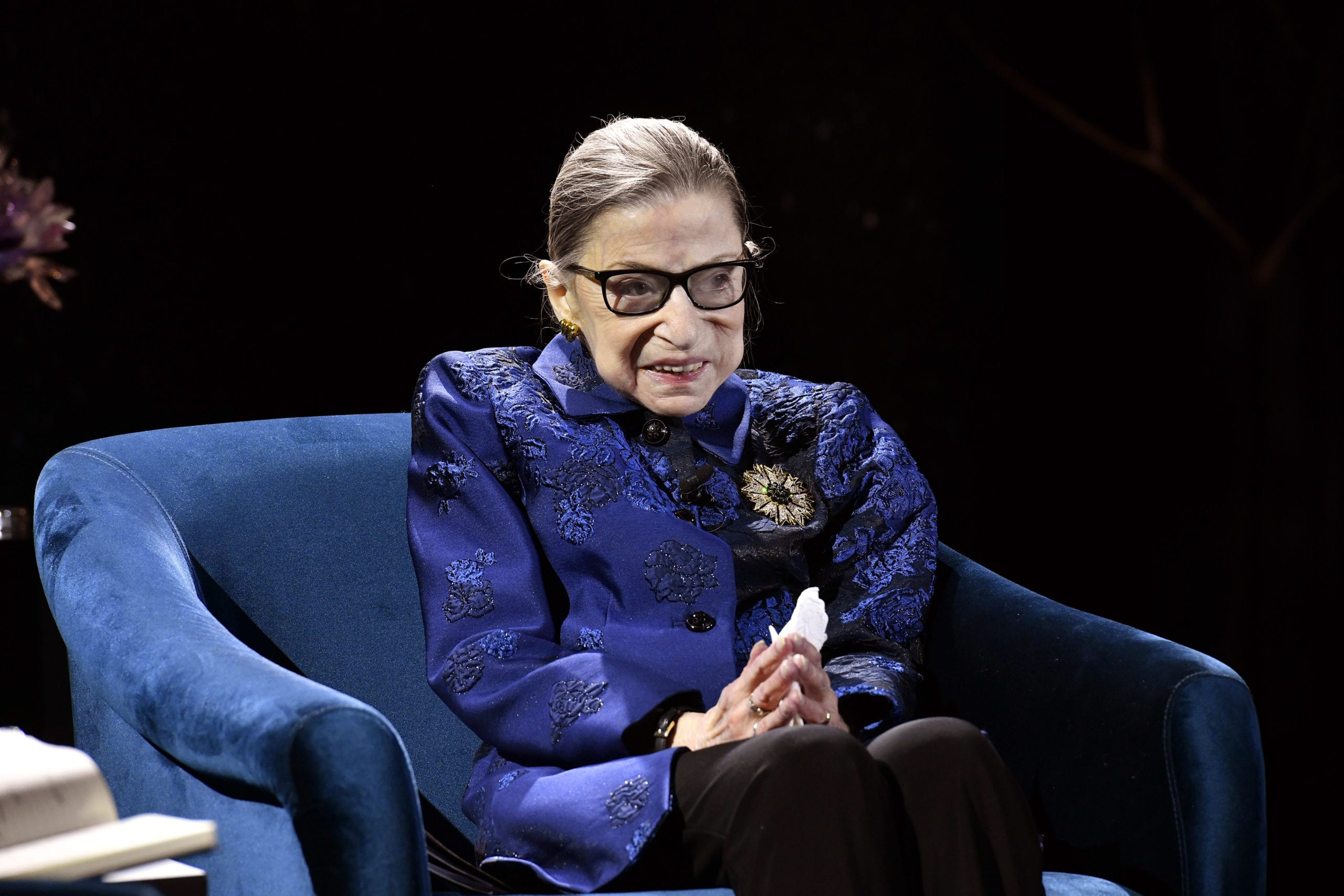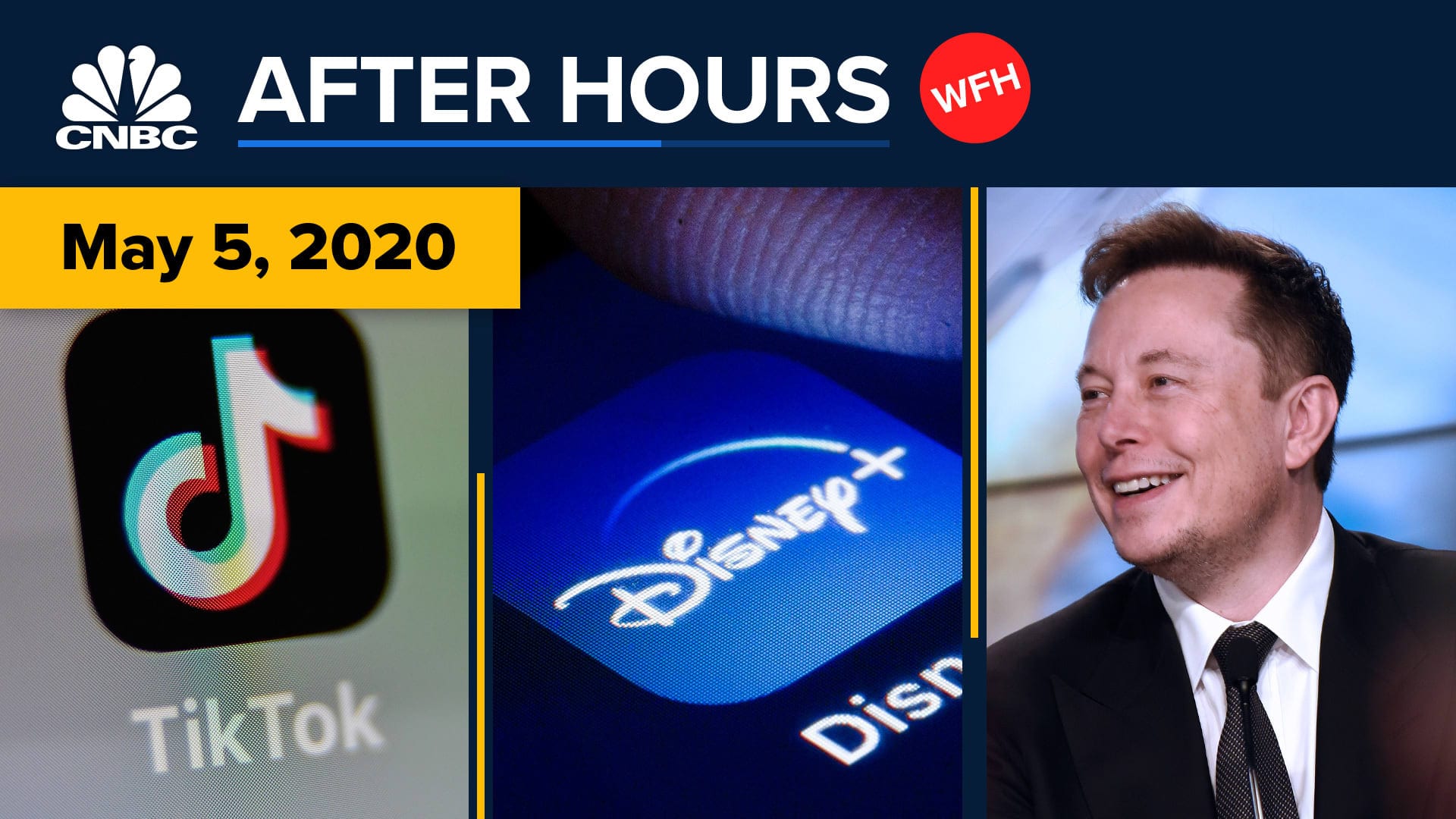[ad_1]
Anthony Fauci, director of the National Institute of Allergy and Infectious Diseases, right, speaks during a Coronavirus Task Force news conference in the briefing room of the White House in Washington, D.C., on Saturday, March 21, 2020.
Stefani Reynolds | Bloomberg | Getty Images
The White House has blocked key Trump administration health official Dr. Anthony Fauci from testifying at a House hearing on the U.S. coronavirus response next week.
The House Appropriations Committee’s subcommittee on the Departments of Labor, Health and Human Services, Education and Related Agencies wanted Fauci, who has emerged as one of the most trusted voices on the virus, to appear at a Wednesday morning hearing on how the government has handled the pandemic. The panel was “informed by an administration official that the White House has blocked Dr. Fauci from testifying,” committee spokesman Evan Hollander said in a statement.
White House spokesman Judd Deere also confirmed the White House stopped the director of the National Institute of Allergy and Infectious Diseases from appearing before the House. He said that while the administration tries to combat the pandemic that has now killed more than 60,000 Americans, “it is counter-productive to have the very individuals involved in those efforts appearing at congressional hearings.”
“We are committed to working with Congress to offer testimony at the appropriate time,” Deere said in a statement.
As the White House faces backlash for its early efforts to slow the outbreak’s spread and ramp up production of coronavirus tests and medical supplies, it has chafed at most efforts to oversee its actions. On top of regular committee hearings in the House, Democrats also set up a select committee to monitor how the administration implements an unprecedented series of rescue packages that contains more than $2.5 trillion in federal spending.
The Trump administration agreed to the creation of a separate oversight panel as part of the $2 trillion rescue plan passed in March. But Trump removed the inspector general keeping an eye on how the administration handles the historic spending only days after the official, Glenn Fine, was appointed.
Fauci, a longtime government official, has been seen as a steady presence during the crisis — in contrast to a president who has frequently shared inaccurate or misleading information during administration briefings on the outbreak. Last month, Trump retweeted a social media user calling to “#FireFauci” after the health official said the U.S. “obviously” could have saved more lives if it moved more quickly to contain the virus.
Fauci later joined Trump at a press briefing to say he used “the wrong choice of words.”
He is one of the more trusted voices on the pandemic, according to a CNBC/Change Research poll taken last month. In six states — Arizona, Florida, Michigan, North Carolina, Pennsylvania and Wisconsin — 76% of respondents said they trust Fauci “a lot” or “some” to decide when the economy should reopen, versus only 24% who said they trust him “not very much” or “not at all.”
















